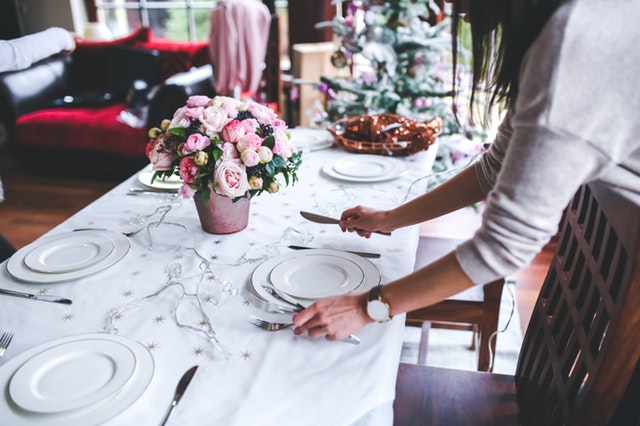
Whilst divorce can be very unpleasant, it is important to seek specialist advice to ensure you understand your tax position, have no hidden surprises and do not miss the opportunity to save tax. It can also be difficult with HMRC. We have outlined some implications to consider when going through with a divorce.
Capital Gains Tax (“CGT”) & Divorce
Transfers of assets between spouses are normally made on a ‘no gain-no loss’ basis for CGT purposes, which means no CGT is due. However, if spouses have permanently separated, the no gain-no loss treatment for CGT only applies until the end of the tax year of separation. After the tax year of separation, transfers between spouses, either as gifts from one to the other, or by court order, may result in a CGT liability for the transferring spouse as (subject to any reliefs or exemptions) the transfers are deemed to take place at market value.
The legalities and personal issues of finalising a divorce can result in this process taking a significant amount of time.
Transfer of the family home after a divorce
Sometimes following separation, one spouse will leave the matrimonial home and agree to transfer their share to the other spouse who remains. Principal private residence (“PPR”) relief provides an important exemption from CGT here.
Where the asset being sold or transferred is or was an individual’s primary residence, PPR relieves from CGT a proportionate period that the property was occupied as such. In addition to this, the final 18 months of ownership are always covered by the exemption even if the individual has moved out, although this will fall to 9 months from 6 April 2020.
If spouses have only one primary residence between them, it is common for the leaving spouse to elect another property as their primary residence for PPR purposes once they leave. However, problems can occur due to the availability of PPR on any subsequent transfer of the marital home.
If a spouse transfers their share in the property to their ex-partner within the tax year of separation, it will be on a ‘no gain, no loss basis’ as described above. This means that the spouse making the transfer will avoid CGT at that time and will be free to claim for PPR on another property.
If the transfer takes place after the tax year of separation, the spouse who has moved out may still claim full PPR relief if the transfer takes place within 18 months (or 9 months if after April 2020) of moving out even if they have bought a new house. If it is any longer than this, there could be a liability to CGT for the transferor.
Rental property & divorce
If a rental property has at some stage been the primary residence of the owner(s), then an element of CGT relief will be available proportionate to the amount of time the property was used as such. If this is not the case, then the entire gain would be subject to CGT.
Business assets & divorce
In the tax year following the separation, business assets would be subject to CGT if transferred between spouses. Such assets may be eligible for a CGT relief known as ‘holdover relief’. This will only take place assuming the receiving spouse agrees with the transferring spouse that they will receive the assets at the original cost to the transferor.
Inheritance Tax (“IHT”) & Divorce
Transfers between spouses who are both UK domiciled, and both non-UK domiciled, are exempt from IHT until the date of the finalised divorce. If a transfer is made after this date it may come within an exception for transfers made under a court order. It is important to remember that if the transfer is not covered by the exception, it may be considered a ‘potentially exempt transfer’.
Pensions & Divorce
Due to the automatic enrolment of many employees into workplace pensions, accrued pension benefits may be a major asset considered within the divorce negotiations. If either or both of the parties to the marriage or partnership have accrued pension rights, then these are viewed by the court as part of the former spouse’s assets for disposition on divorce.
Need more information?
A&C Chartered Accountants work with leading advisers in this field when this does occur for our clients. The dedicated tax accountants ensure they create smart and effective tax-efficient solutions for you and your business. If you need further guidance please do not hesitate to contact Paul, our experienced chartered Accountant who has helped clients with divorce implications. You can contact Paul on 0161 962 1855 or email him at paul@ac-accounts.co.uk for more information on how we can help.
Our fantastic team at A&C Chartered Accountants are here to help.

Write a Comment